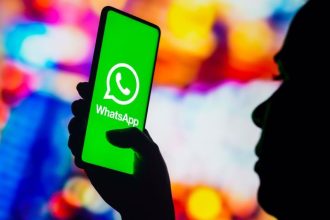On June 1, 2025, a Guardian investigation revealed that 52% of the 100 most popular TikTok videos under the hashtag #mentalhealthtips contain misleading or inaccurate information, prompting alarm from UK mental health experts and MPs.
The TikTok mental health misinformation study, conducted with input from psychologists and psychiatrists, highlights risks to public understanding of conditions like anxiety and depression, as reported by The Guardian.
Of the 100 videos analysed, 52 promoted false claims, such as “quick-fix” solutions like eating an orange in the shower for anxiety or unproven supplement benefits like saffron for depression. Some mislabeled normal emotions as serious mental illnesses or suggested trauma could be “healed” in under an hour, oversimplifying complex conditions like PTSD, per BBC News.
Dr. David Okai from King’s College London warned that misused clinical terms confuse diagnosable conditions, while psychologist Amber Johnston criticised universal trauma solutions.
When #TikTok meets mental health advice, you get recommendations like eating oranges in the shower for anxiety, revealing a troubling spread of #mentalhealth misinformation on the platform. https://t.co/LbnRLGGpdW
— Al Mayadeen English (@MayadeenEnglish) June 1, 2025Former NHS psychiatrist Dan Poulter noted that pathologising normal feelings trivialises genuine mental illness, per The Times. Chi Onwurah MP, chair of the Commons technology committee, raised concerns about the Online Safety Act’s (OSA) effectiveness in curbing misleading health advice, urging stronger regulation, per Sky News.
TikTok stated it removes harmful content and directs users to NHS sources for searches like “anxiety,” but critics argue algorithms amplify emotionally charged misinformation, per Reuters. The platform’s defence of user expression clashes with calls for stricter oversight, especially to protect children, as emphasised by the OSA, per The Telegraph. Experts stressed that only qualified professionals can diagnose mental illness, urging reliance on evidence-based sources.
Read: China Denies Data Access Claims After TikTok’s $600M EU Fine
The TikTok mental health misinformation findings expose the risks of unregulated health advice on social media, potentially harming vulnerable users. As the Online Safety Act concerns grow, the push for robust regulation and public education on UK mental health experts’ guidance is critical to counter false narratives and safeguard mental health awareness.






